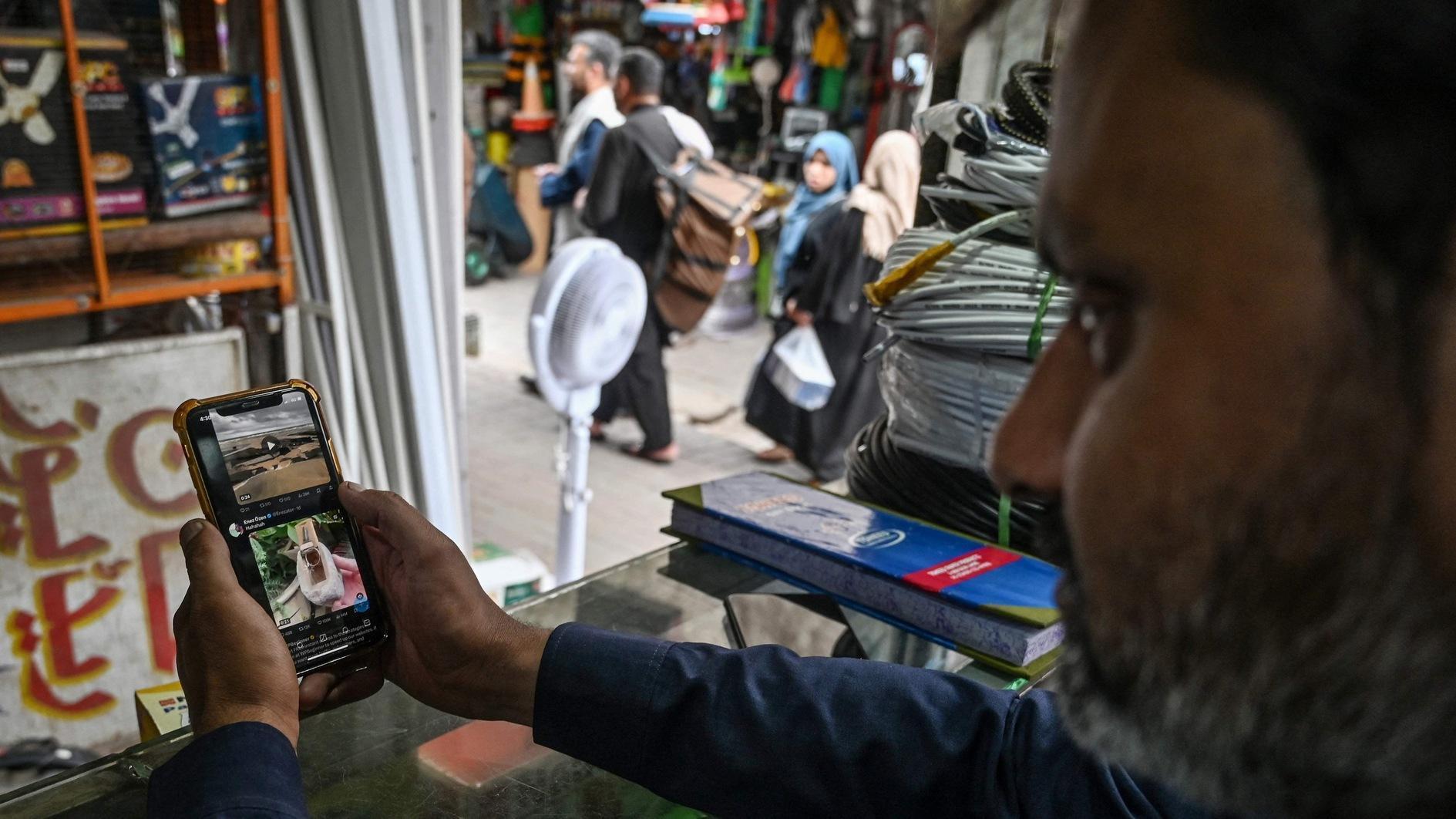An important letter to Akıncı
The Cyprus talks are in an accelerated process. In the next few rounds of talks until Sept. 14 the two communal leaders of the island are slated to go through the areas they so have far failed to produce convergences. Thus, if the two leaders manage to produce sufficient convergences, ground will be ready for an end of the month tripartite meeting in New York under the good offices of U.N. Secretary-General Ban Ki-moon. Depending on the result of that tripartite meeting it will become clear if and when a five-party conference – with the inclusion of three guarantor powers Turkey, Greece and Britain – will convene to discuss the security and guarantees and put a full stop to the over half-century-old Cyprus quagmire with the establishment of a new bi-zonal and bi-communal federation.
The prospects of a tripartite meeting as well as a five-party conference appear to be rather difficult but pressure from big international actors to not lose this last golden opportunity like the many previous such occasions is building up. Since he came to power with a pro-settlement resolution, Turkish Cypriot leader Mustafa Akıncı and his negotiating team have been keen to play with the cards close to their chests. Except for allowing representatives of the parties represented in parliament to read the minutes of the talks in a room at the presidential office, Akıncı and his team very rarely provide any information about the process. Particularly they have been totally mum on tete-a-tete sessions of the two leaders. The Turkish Cypriot people have been following developments through (intentional) leaks by the Greek Cypriot leadership to the media. Thus, sensitivities and worries capture a new climax in Turkish Cyprus every day.
For example, Greek Cypriots keep on stressing that in a federal Cyprus there would be no guarantors and not even one Turkish soldier. Akıncı has been occasionally soothing worries, saying Turkey’s guarantee has been fundamental for Turkish Cypriots. Yet, he cannot even make the Turkish Cypriot government believe such statements are honest and reflect the realities of the negotiating table. Though Turkish Foreign Minister Mevlüt Çavuşoğlu was on record during his last visit to Turkish Cyprus this week that such tensions between the (conservative) government and the (socialist) president were unnecessary, particularly the foreign minister and the president have not been on talking terms for a long time. Why? Because Akıncı has been refusing to provide a seat to the government in his negotiating team.
While briefings to parliamentary parties so far are restricted with occasional meetings and time to read minutes in a room at the presidency, non-parliamentary opposition parties have been ignored totally. One of those parties, tipped to become the ruling party with at least 30 seats in the 50-seat parliament, is the People’s Party (HP) led by former chief negotiator Kudret Özersay.
Özersay sent a letter to Akıncı this week, a copy of which is with this writer. In the letter Özersay urged Akıncı not to suffice with a trilateral meeting chaired by the U.N. secretary-general but insist on convening a five-party conference with the guarantor powers as well, where not only security and guarantees but all chapters of the Cyprus process should be opened to a give-and-take format of comprehensive bargaining.
Özersay wrote to Akıncı that Greek Cypriot demands that there ought to be progress in all six chapters so that a five-party conference could convene was a tactic to evade the opening of a last make-or-break process which could provide the island with either a bitter resolution or demonstrate the failure of the entire exercise.
Özersay said the perception that there ought to be some progress (Turkish Cypriot compromise) in the guarantees sphere so that the Cyprus talks process could evolve into a five-party conference was totally wrong and could lead Turkish Cypriots into a very dangerous outcome. Özersay wrote that some awkward statements indicating Turkish Cypriots might provide some compromises in the guarantee chapter were very dangerous. On the other hand, telling Greek Cypriots that the Turkish Cypriot negotiating team would discuss the guarantee scheme with Turkey could be used as a pretext to avoid a five-party conference on grounds that Turkey was conveying its positions to the negotiation table through Turkish Cypriots.
Özersay also warned that the target ought to be a comprehensive settlement and Akıncı must be alert against probable moves to achieve a framework deal. He said in a process that the two sides have different ideas and perceptions on almost everything, including the U.N. parameters, so making a framework agreement could produce very dangerous results. He said an attempt to “record what has been achieved so far” and such offers would mean writing a framework that Turkish Cypriots must be very alert against.
Özersay also warned that Turkish Cypriot inactivity against and global actors tolerating unilateral action by Greek Cypriots regarding hydrocarbon reaches off the island could produce a conviction among Greek Cypriots that “with or without a settlement” they could reap the hydrocarbon benefits. He said such a conviction would be detrimental to a negotiated deal.











